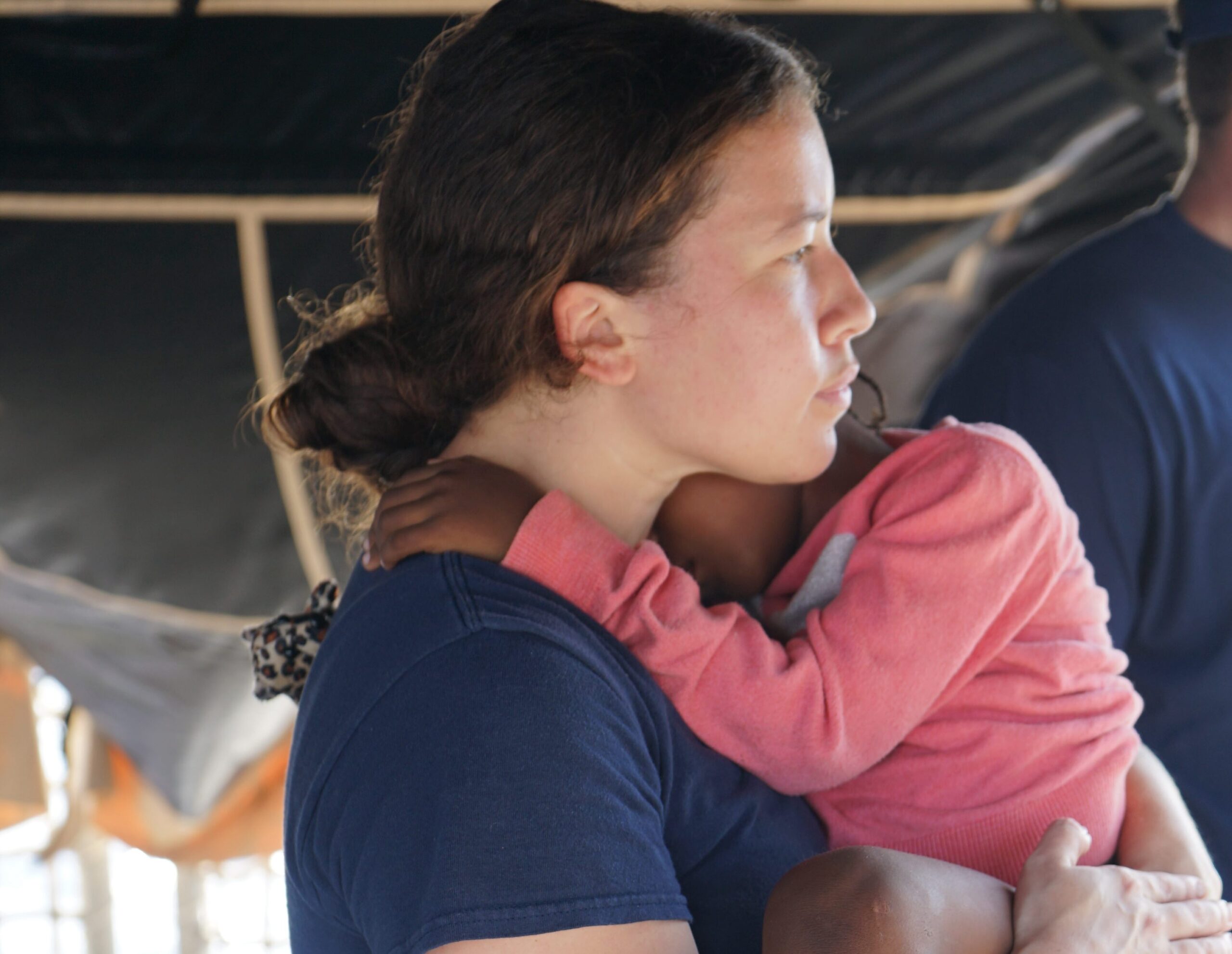The Challenging Reality of US Coast Guard Migrant Policy

by John Konrad (gCaptain) When merchant and cruise ships rescue migrants at sea, they offer more than just a lifeline from the perilous waters; they provide critical sustenance and care. However, this act of compassion is just the beginning of a much more complex journey. Once the U.S. Coast Guard takes over, these vulnerable souls, including young children, are thrust into a labyrinth of Department of Homeland Security policies and Presidential directives. Far from the safety they seek, they face a new sea of danger that can be as daunting as the treacherous waters they escaped. This stark reality highlights a deep moral dilemma within the maritime world.
Last week ProPublica and The New York Times, published a hard hitting article that casts a stark and unsettling light on the subsequent experiences of these migrants, with a particular emphasis on the treatment of unaccompanied minors by the U.S. Coast Guard and the Haitian authorities to whom they are repatriated. This investigative piece not only reveals the perils and challenges these migrants face but also resonates profoundly with a wide spectrum of individuals connected to maritime activities, encompassing ship captains, maritime authorities, ship owners and humanitarian organizations.
Asylum does not apply at sea
“Asylum does not apply at sea,” a Coast Guard spokesperson told Wessler.
At the heart of ProPublica's narrative is the story of Tcherry, a 10-year-old Haitian boy, and Claire and Beana, two young sisters. Their journey, fraught with danger and uncertainty, is a stark reminder of the perils faced by many who undertake this risky passage. The detailed account of their experiences from a smuggler's house in the Bahamas to a precarious boat journey towards the U.S. shores, to Tcherry's subsequent escape from Haitian holding facility brings to light the desperate circumstances that drive these individuals to such extremes.
One problem Wessler identifies is the approach the US Coast Guard takes to handling unaccompanied minors starkly contrasts between land-based immigration policies and those enforced at sea. On land, particularly at U.S. borders, unaccompanied minors from nations other than Mexico and Canada are not simply repatriated. Instead, they are assigned to government caseworkers, often placed in shelters, and potentially united with family members, setting them on a path towards legal residency. While this system is not without its flaws, it operates on the fundamental belief that children require safeguarding. This principle, however, is not as clear-cut in maritime contexts. The extent of protections afforded to minors on U.S. vessels, even those detained in U.S. territorial waters, remains undetermined by U.S. courts.
While the article centers on the experiences of the migrants and the actions of the Coast Guard, it also serves as a reflection for the broader maritime community. Ship captains, shipping companies, crew members, and maritime organizations are often the silent participants in these stories. The decisions they make, from rescuing migrants in distress to coordinating with authorities like the Coast Guard, are critical yet often go unnoticed.
ProPublica's piece is not just a recounting of events but a moral call to those at sea. It challenges the maritime community to consider their role in these humanitarian situations. The story of Tcherry and the sisters is a reminder of the human lives at stake and the importance of a compassionate and coordinated response to these crises.

